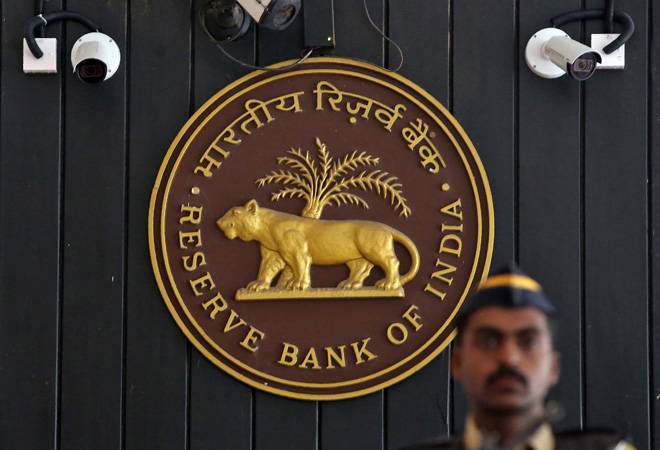In the wake of telecom companies misusing the Aadhaar-based eKYC verification for opening accounts in their payments bank, the Reserve Bank of India (RBI) has recently clarified that the verification done by telecom operators on behalf of payments bank will not be considered valid. In addition, the payments banks which have relied on the KYC done by telcos will have to re-verify their customers’ credentials.
RBI’s decision is aimed at keeping a check on the malpractices by telecom companies, who are also the promoters of payments bank. For instance, the UIDAI suspended eKYC license of Airtel Payments Bank last month for allegedly opening accounts and force-seeding them with Aadhaar without the consent of its telecom customers. Airtel also routed LPG subsidy worth Rs 190 crore to those payments bank accounts without the information of its customers.
As in the case of Airtel, the customers were not aware that their Aadhaar, which they were willingly giving for new mobile connections, were being used to open Airtel payments bank accounts. Since it’s becoming increasingly difficult for customers – and the government agencies – to stop Aadhaar misuse, it’s better to uncouple KYC processes for opening a payments bank account and buying a new mobile connection.
It’s a u-turn for RBI, which, in its October 2016 notification, had said that “if the KYC done by a telecom company, which is a promoter of the payments bank, is of the same quality as prescribed for a banking company, payments banks may obtain the KYC details of the customer from that telecom company, subject to customer consent.” The RBI seems to have modified its initial stand in order to plug loopholes.
The changed norms will affect those payments bank companies who piggyback on their telecom arms to acquire customers. Their compliance costs are likely to go up as well because from now on, the payments bank will either have to do KYC on their own or outsource the (KYC) process to third-party agencies, which are regulated and monitored under the Prevention of Money Laundering Act. Telecom operators are not being included in the reporting entities in terms of the PML Act.
It’s argued that the decision will limit the Aadhaar misuse to some extent but the telecom operators and payments bank often share the same resources – KYC solutions, staff – it’s challenging to completely root out the problems in the current system.


